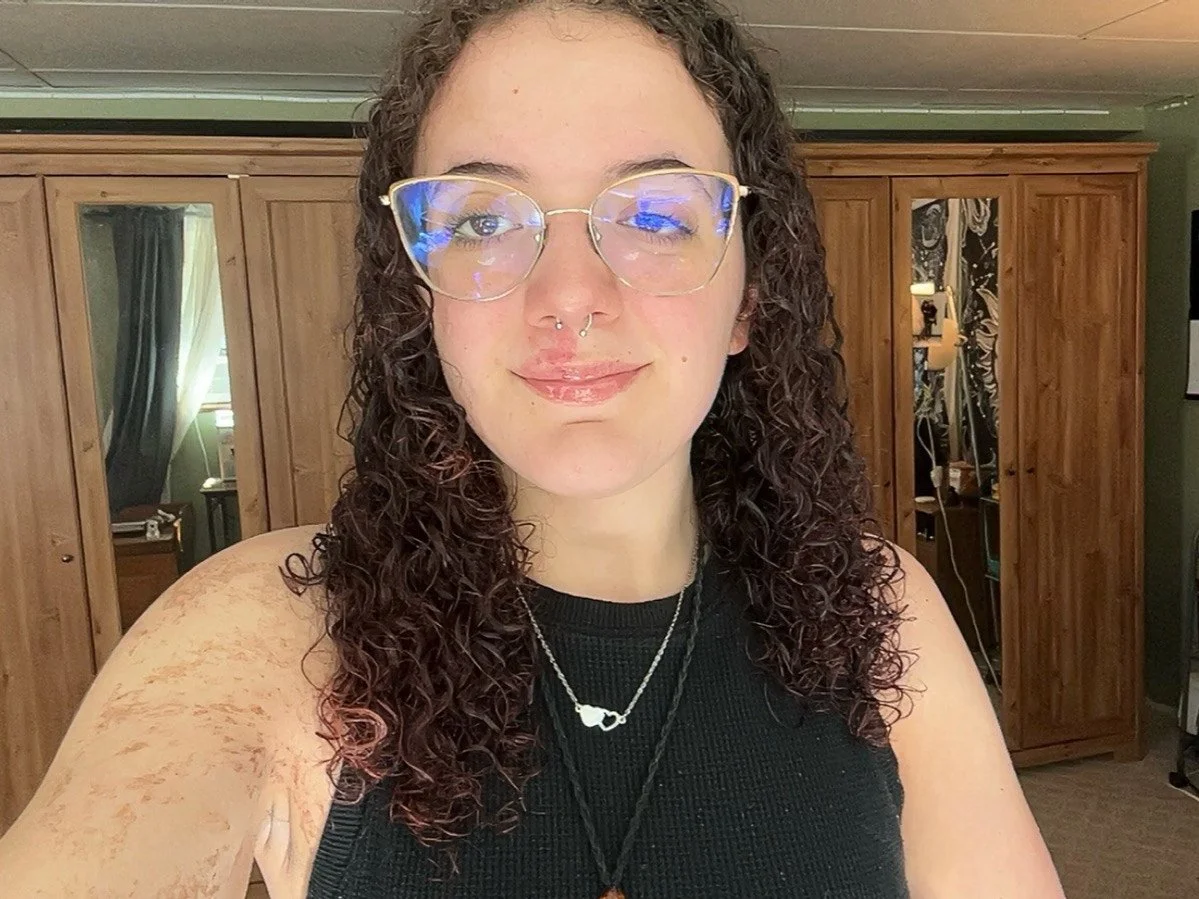Ketamine Assisted Psychotherapy
Have you already spent time, money, and energy working towards your healing goals only to feel like you’ve hit a plateau rather than a peak? Have you tried medication after medication with no changes to your symptoms? Have other therapy modalities like talk therapy or EMDR left you with a sense that there’s more healing work to be done? If so, you’re not alone!
A whopping 40-60% of those diagnosed with PTSD do not respond to the first-line SSRIs they are prescribed or the standard psychotherapy modalities they are given. Further, around 1/3 of those diagnosed with major depressive disorder will later be labeled as “treatment resistant” due to the lack of relief from medications. This is where psychedelic assisted psychotherapy can become the missing piece of the healing puzzle.
Psychedelics have become a hot topic in the mental health treatment world, and with good reason: current research shows the response rate to psychedelic assisted psychotherapy as high as 88% with remission of symptoms as high as 85%.
What Can I Expect?
The traditional individual treatment course will contain:
An intake appointment with the lead therapist and an intake appointment with the medication prescriber
One or more preparation sessions
Anywhere from 1-6 ketamine dosing sessions, spread over a couple months
Multiple integration sessions, spread between dosing sessions
Psychological and spiritual experiences with ketamine can vary, as the journey during a ketamine session is usually an internal one. Clients traditionally report feeling as though they have entered a trance-like state. Clients can experience distortions of colors, sights, sounds, and dissociation. Your therapist will help you learn to trust in your inner healer to guide you through your journey.
Why Ketamine? Is it Safe?
While there are other psychedelics that have been proven to be effective for use in psychedelic assisted psychotherapy, such as psilocybin or MDMDA, ketamine is currently the only approved option for the state of New Hampshire.
Ketamine has been around in the United States since the 1960’s. Due to its rapid onset, short duration of action and ability to reduce pain, it has been used in a variety of medical settings as an anesthetic, from hospitals to battlefields. In the past few decades, its “off label” use as a treatment for depression, PTSD, and other psychiatric diagnoses has been studied and promoted by researchers at the National Institute of Mental Health.
In the lower, sub-anesthetic doses that are administered in the course of psychedelic assisted psychotherapy, ketamine is relatively risk-free. There are some specific medical conditions that increase the risks of potentially dangerous side effects, but these conditions are screened for in the intake process. Current research has not found any evidence to indicate that there is a risk of addiction when following the appropriate dose recommendations.
KETAMINE ASSISTED THERAPY TEAM
“With psychedelics … there is this epiphany that everything is connected. That we’re all tiny little beings on a huge planet. If you pull back and see the big picture, you see that we are all one organism, interconnected or interdependent.”
— Dr. Julie Holland, M.D.






